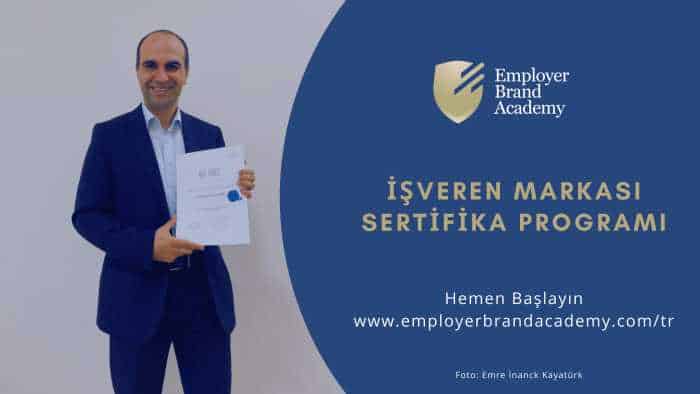How Boards Interview CEO Candidates
When we work with boards of directors to help them prepare to interview CEO candidates, we develop an interview guide that will organize the conversation, which typically runs for 90 minutes. While interviews are only one step in a CEO hiring process, along with in-depth referencing and executive assessments, it is not an over-statement to say that they are the lynch-pin in the process.
Boards and search committees will always put credence in analyzing track records and relevant experience, reviewing written reports, and talking to referees. But it is in the interview where chemistry is established and essential intangibles like passion, energy, and fit are determined. As a result, at the CEO level, as well as at every step in your career, being a strong interviewer is a major advantage.
In conducting CEO candidate interviews, many questions posed by a search committee are, of course, customized to the company’s particular situation. But many of the questions are based on the essential areas in which a CEO needs to demonstrate capability: strategy and vision; growth, financial, and operational management; leadership and team building; and Culture.
Here is the interview guide that we recently created for a board as part of a public company CEO search.
If you are an active or aspiring CEO candidate, it will serve you well to be prepared to answer these types of questions. Even if you’re not yet at the CEO level, reflecting on these questions will give you an edge when you prepare for your next big job interview.
INTRODUCTION
The typical CEO interview begins with the chair welcoming the candidate, thanking them for coming and inviting the members of the search committee to introduce themselves. He or she will then tell begin with what I believe is the best opening question:
“You have had a chance to begin to get to know our company. Why do you think this could be the right opportunity for you at this point in your career and why do you think you might be the right leader for us?”
The best candidates will answer this with a crisp 4 to 6 minute narrative about their career, their relevant experience, their professional interests and aspirations, and a top-line assessment of the opportunity. Often times this is the most important question of an interview, because as we all know, first impressions are lasting impressions. It is in this questions, along with the hellos, handshakes, and introductions, where those all-important first impressions are made.
INTERVIEW GUIDE
From that point, each area of CEO capability are probed, with selections from the following questions (all of these questions would require several hours of discussion):
Growth, Financial, and Operational Management
•Describe an instance where you have driven a company or business to accelerate growth, expand EBITDA and profitability, increase efficiency and enhance shareholder return. What was the vision and what needed to change? How did you get the organization to respond? What was the outcome?
•Describe your experience managing significant budgets and P&Ls. How did you prioritize your investments? What process did you use to gain support? What have been your experiences with tough decisions regarding budget cuts, restructuring or reallocating resources?
•With an example or two, tell us about how you have grown or changed a business or an organization through strategic partnership, joint venture or acquisition. What was the long-term effect on your business?
•Have you ever created and/or launched a new product or business that resulted in a new revenue stream?
Strategy and Vision
•What do you think are the most-important strategic priorities for our company over the next three years? What would you do as CEO to achieve success against these priorities?
•How have you developed strategy when your business faced new market entrants and competitive threats? What were the short- and long-term goals that you put in place? How did you involve others in designing and implementing change? What was the result?
•Describe your experience managing an organization as it creates new business models, products, content or initiatives that are essential to the company’s growth. How did you develop a vision and a strategy to support it? How did you communicate and gain buy-in from key constituents as the organization evolved? What were the results?
Leadership and Team Building
•How would you describe your management style? How would your staff and peers describe you? What would they say are your major strengths and/or weaknesses as a leader or manager? Where do you think you might improve?
•Explain some of the different environments that you have worked in. Where have you been at your very best? Describe the environments in which your leadership style is most effective. Where have you been frustrated and less successful?
•With an example or two, tell us something about your communications style in the workplace with your direct reports, your superiors and your staff more broadly? Also with the external community – clients, and investors?
•Tell us about a time when you took over a team that had been under the leadership of another person for a long period of time. What did you do to build support, rapport, trust and followership quickly?
Technology
•Like many companies we are experiencing changes in our operating environment due to continued digital transformation, the shifting patterns of content consumption and aggressive competitors. What have you done to implement technology improvements, e.g., platform integrations, new enterprise management systems?
•Can you share a time when you have had to expand a core product set through innovation, and particularly in a mobile environment?
•How would you bring greater innovation to our company? What innovations have you led at other businesses that are most germane?
•What business that has adopted new technology and evolved their business model do you admire most? Why?
Culture
•What is most important and valuable to you? What serves as a guiding principal in your life?
•Think back and share a story about a personal life experience that defines who you are today. What was the value/lesson?
•How have you changed cultures to facilitate innovation?
Other Questions (if not previously addressed)
•What is your assessment of where our company stands today? From your vantage point, what is the company doing right and what needs to change?
•What do you believe would be your biggest obstacles to succeed as the next CEO? What development needs and gaps in skill/experience will you need to pay attention to, and how will you address them?
•Can you give us an example of where a gap in skill/experience led you to be less effective than desired? What have you done to ensure you do not fall into the same trap again?
•Describe one or two specific accomplishments that you are especially proud of over your career and why.
•How would you approach your first 100 days in the job? How would you learn the business, build trust, generate buy-in, and develop a plan?
And finally, the all-important concluding question:
“What questions do you have for us?”
* * *
Be prepared to answer these types of questions and you will maximize your chances of acing the interview and getting a step closer to your next big job.
written by James Citrin

